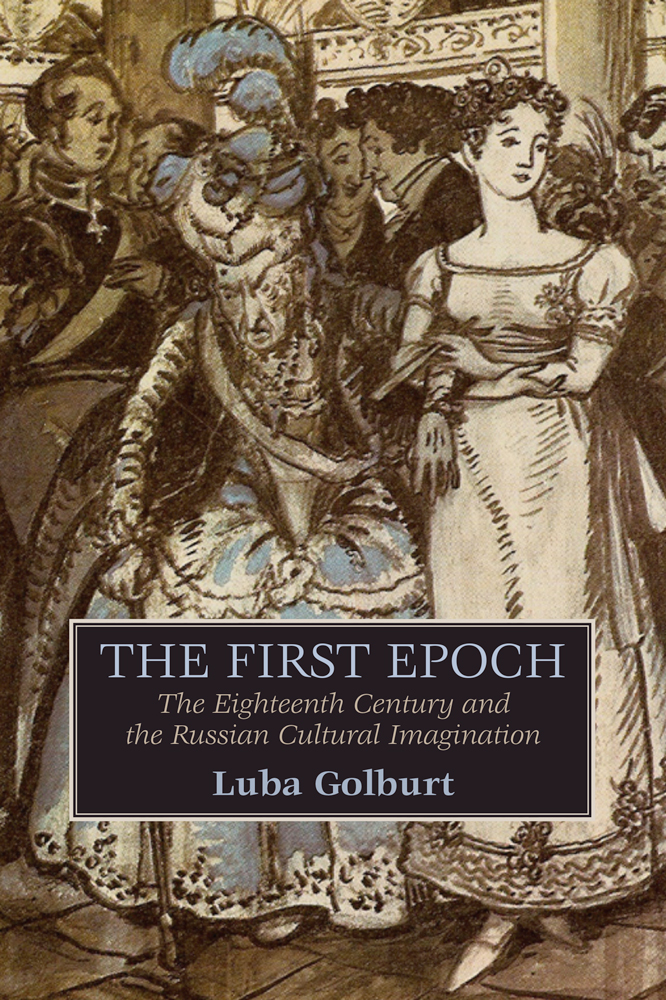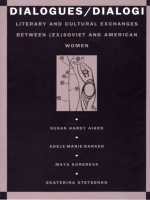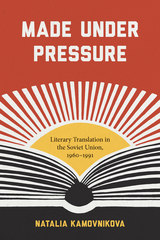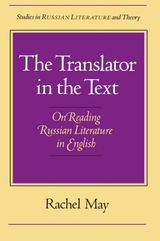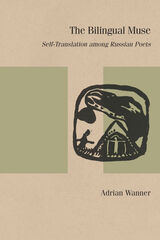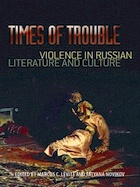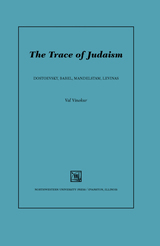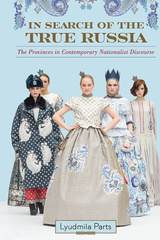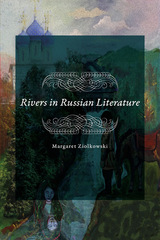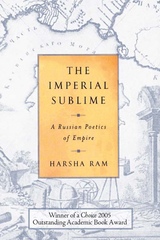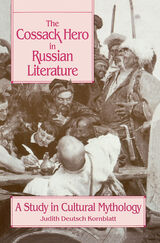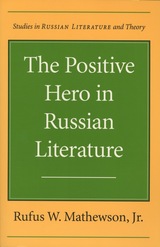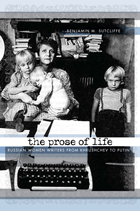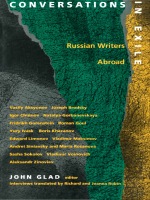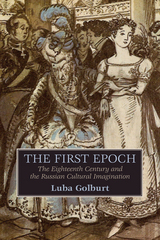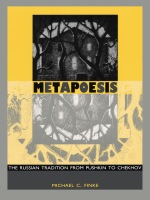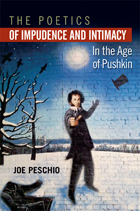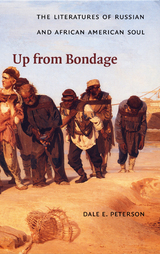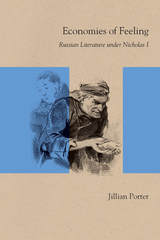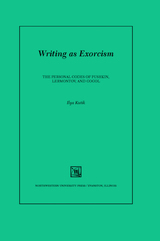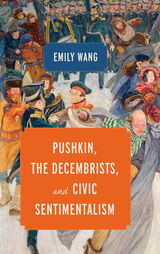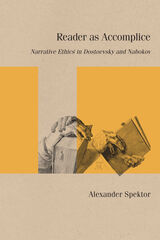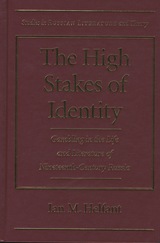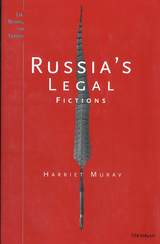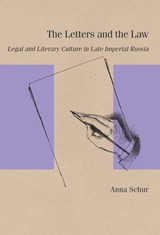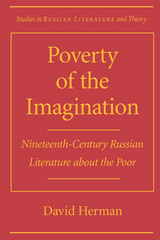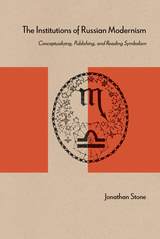The First Epoch: The Eighteenth Century and the Russian Cultural Imagination
University of Wisconsin Press, 2014
eISBN: 978-0-299-29813-5 | Paper: 978-0-299-29814-2
Library of Congress Classification PG3007.G65 2014
Dewey Decimal Classification 891.709002
eISBN: 978-0-299-29813-5 | Paper: 978-0-299-29814-2
Library of Congress Classification PG3007.G65 2014
Dewey Decimal Classification 891.709002
ABOUT THIS BOOK | AUTHOR BIOGRAPHY | REVIEWS | TOC | REQUEST ACCESSIBLE FILE
ABOUT THIS BOOK
Modern Russian literature has two “first” epochs: secular literature’s rapid rise in the eighteenth century and Alexander Pushkin’s Golden Age in the early nineteenth. In the shadow of the latter, Russia’s eighteenth-century culture was relegated to an obscurity hardly befitting its actually radical legacy. And yet the eighteenth century maintains an undeniable hold on the Russian historical imagination to this day. Luba Golburt’s book is the first to document this paradox. In formulating its self-image, the culture of the Pushkin era and after wrestled far more with the meaning of the eighteenth century, Golburt argues, than is commonly appreciated.
Why did nineteenth-century Russians put the eighteenth century so quickly behind them? How does a meaningful present become a seemingly meaningless past? Interpreting texts by Lomonosov, Derzhavin, Pushkin, Viazemsky, Turgenev, Tolstoy, and others, Golburt finds surprising answers, in the process innovatively analyzing the rise of periodization and epochal consciousness, the formation of canon, and the writing of literary history.
Winner, Marc Raeff Book Prize, Eighteenth-Century Russian Studies Association
Winner, Heldt Prize for the Best Book by a Woman in Slavic/Eastern European/Eurasian Studies, Association for Women in Slavic Studies
Winner, Best Book in Literary and Cultural Studies, American Association of Teachers of Slavic and Eastern European Languages
Why did nineteenth-century Russians put the eighteenth century so quickly behind them? How does a meaningful present become a seemingly meaningless past? Interpreting texts by Lomonosov, Derzhavin, Pushkin, Viazemsky, Turgenev, Tolstoy, and others, Golburt finds surprising answers, in the process innovatively analyzing the rise of periodization and epochal consciousness, the formation of canon, and the writing of literary history.
Winner, Marc Raeff Book Prize, Eighteenth-Century Russian Studies Association
Winner, Heldt Prize for the Best Book by a Woman in Slavic/Eastern European/Eurasian Studies, Association for Women in Slavic Studies
Winner, Best Book in Literary and Cultural Studies, American Association of Teachers of Slavic and Eastern European Languages
See other books on: Eighteenth Century | Russia | Russian & Soviet | Russian literature | Theory, etc
See other titles from University of Wisconsin Press
